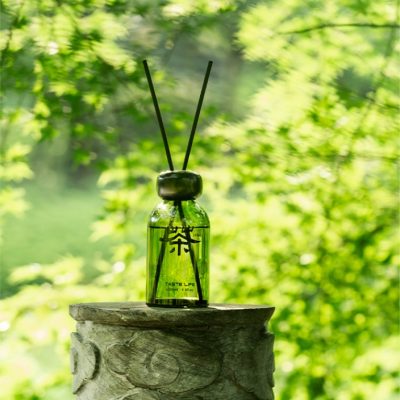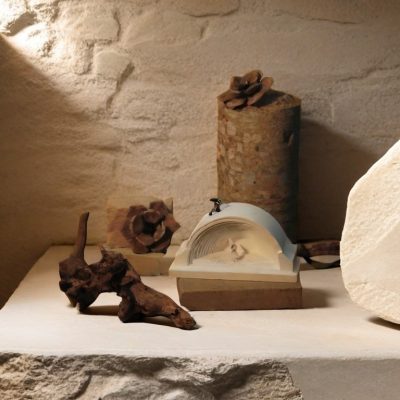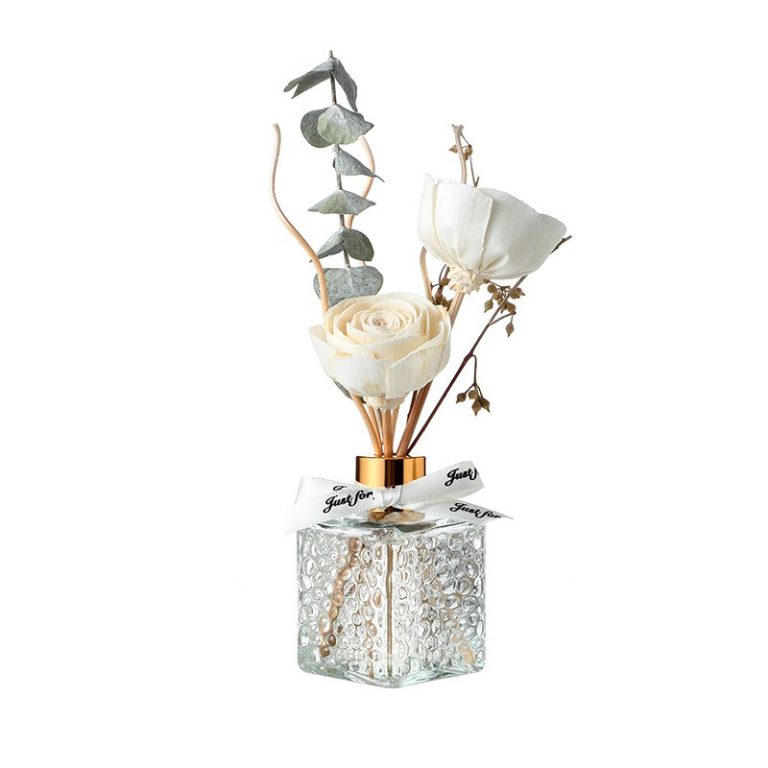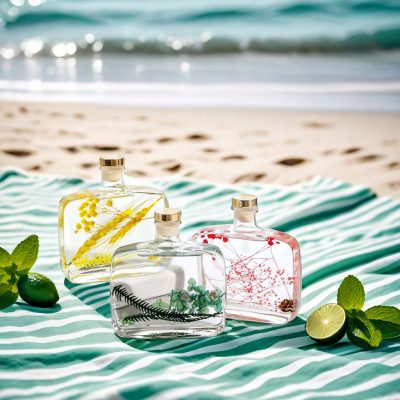Oriental Culture and Creativity Inspired Fragrance Journey | ScentSerenade

Essential Qil Aromatherapy

Green Bottle Fireless Essential Oil Aromatherapy Diffuser

Plaster Opera House Without Fire Aromatherapy Essential Oil Decoration

DIY Dry Flower Decoration Without Fire Aromatherapy

Fragrance Oil Without Fire For Christmas,House Aroma Diffuser
Introduction of Essential Oil Aromatherapy
Essential oil aromatherapy is a holistic healing treatment that uses natural plant extracts to promote health and well-being. It involves the inhalation of essential oils to influence the brain's limbic system, which can affect emotions, stress levels, heart rate, blood pressure, and breathing.
Features and Characteristics of Essential Oil Aromatherapy
Natural Ingredients: Uses oils derived from plants that are believed to have therapeutic properties.
Inhalation: The primary method of administration, which can affect the limbic system and promote relaxation or invigoration.
Topical Application: Oils can be applied to the skin (when properly diluted) to provide localized effects.
Versatility: Suitable for a variety of conditions, from stress relief to skin care.
Customization: Users can mix different oils to create personalized blends tailored to their needs.
Ancient Practice: Rooted in ancient traditions from cultures around the world, including Egypt, India, and China.
Applications of Essential Oil Aromatherapy
Stress Relief: Promotes relaxation and reduces anxiety.
Sleep Improvement: Assists in achieving better quality sleep.
Pain Management: Can help alleviate minor aches and pains when used topically.
Respiratory Support: Aids in breathing and reduces congestion.
Skin Care: Used in skincare products for their cleansing and rejuvenating properties.
Mood Enhancement: Can uplift spirits and improve overall emotional state.
FAQs of Essential Oil Aromatherapy
Q: How do I use essential oils for aromatherapy?
You can diffuse them in the air, add them to a bath, or apply them topically (after dilution).
Q: Are essential oils safe to use directly on the skin?
Most oils need to be diluted with a carrier oil before applying to the skin to avoid irritation.
Q: Can essential oils be ingested?
Generally, it is not recommended to ingest essential oils without professional guidance due to potential risks.
Q: Are there any side effects of using essential oils?
Possible side effects include skin irritation, allergic reactions, and photosensitivity. Always perform a patch test and consult a healthcare provider if unsure.
Q: How long do essential oils last?
Essential oils can last several years if stored properly in a cool, dark place. However, their potency may diminish over time.
